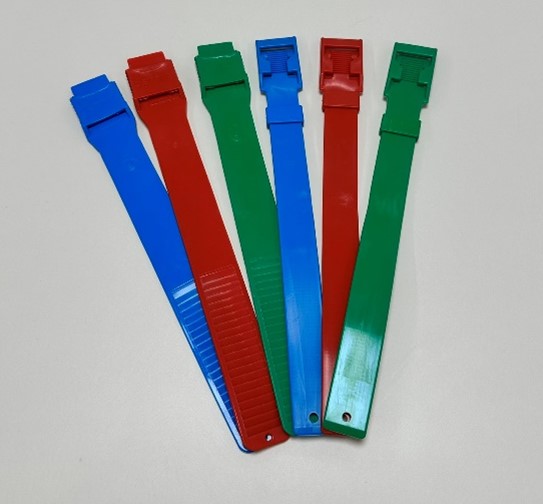Bovine lumpy dermatitis identified for the first time in South Korea

The first outbreak was detected on October 20, 2023, near the city of Seosan, located in Chungcheongnam-do province. Although the incubation period for lumpy skin disease typically ranges from 4 to 14 days, over the next 3 days, 10 more outbreaks were reported in the cities of Danjin and Taean in Chungcheongnam-do Province, as well as in the areas of Pyeongtaek and Gimpo in the province. Gyeonggi-do.
South Korean authorities announced the launch of an emergency vaccination program on farms located within a radius of 10–20 km from outbreaks of the disease. For this purpose, drugs from government reserves will be used, which were created after reports of outbreaks of nodular dermatitis in neighboring countries. The country currently has 540 thousand doses of vaccine at its disposal.
Large producers will have to immunize animals themselves. For farms with a livestock of less than 50 animals, teams of veterinarians will work. It is noted that specialists taking part in vaccination will be prohibited from entering other farms for a week, so at present only veterinarians working in government institutions are involved in the work.
Immediately after the outbreak was confirmed in the country, the movement and transportation of cattle was completely prohibited , the publication notes.
Help "ViZh"
Lumpy dermatitis (contagious nodular dermatitis) is a viral disease of cattle, characterized by lesions of the skin and lymphatic system, eyes and mucous membranes of the respiratory and digestive tracts, and fever.
The disease causes significant economic damage to the industry due to massive mortality of livestock. Animals that have recovered from the disease experience exhaustion, decreased milk yield, damaged skins, and impaired reproductive function. An asymptomatic course of the disease, leading to the unexpected death of the animal, is also possible. The disease is not zoonotic and does not pose a threat to humans.

























































